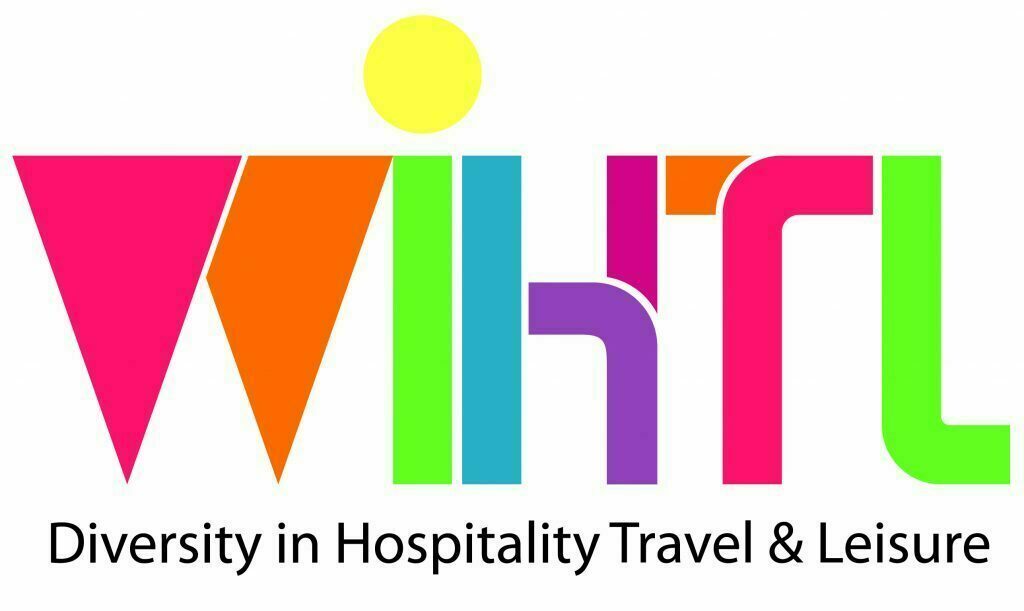From intention to action: progress on gender and race equality in hospitality

31st July 2020
For the last three years, Women in Hospitality, Travel and Leisure (WiHTL) has been devoted to achieving greater gender and racial equality in our sector. Through events, webinars, mentoring, research and sharing good practice, WiHTL aims to help organisations create environments in which all employees are empowered to fulfil their potential. Key to its efforts is the WiHTL annual report, which explores progress made by hospitality companies, both in terms of increasing the percentage of women and Black, Asian and minority ethnic employees in senior leadership levels, as well as taking steps towards creating diverse and inclusive organisational cultures.
Whilst the 2020 report, entitled From Intention to Action, provides examples of good practice, it also presents stark data on areas where improvement is required. For example, only 24% of companies address ethnic diversity in their policies on equal opportunities (compared with 100% formally addressing gender issues). And despite cultural diversity characterising the workforce at operational level, 82% of companies have no Black, Asian and minority ethnic representation at board level.
Tea Colaianni, Founder of WiHTL, believes the recent covid pandemic should act as a wake-up call to all in the hospitality sector. As the crisis continues to shine a light on the devastating consequences of social exclusion, she hopes it will stimulate more widespread commitment to inclusive workplace practices.
At WiHTL we advocate for progressive inclusion practices and believe that collaboration in the diversity and inclusion sphere is core to our industry’s recovery. We believe that companies can benefit from sharing, learning from each other, amplifying the impact of individual initiatives for the good of the hospitality industry. Our mission is to make a positive difference to 5 million women and people from ethnic minorities across our industry globally by 2025.
Whilst the outlook remains volatile and companies across the hospitality sector face multiple and complex challenges, we are hopefully on the road to recovery from the health, economic and societal crises brought about by the pandemic. Business leaders have found themselves in a fast moving, uncertain and dramatically different world where the rules of the game continue to be written and the ability to react fast, adapt plans and reinvent operating models is crucial to success.
It is important to reflect on what can be learned from the last five months. We have seen seismic changes to the way we live and work, which under ‘normal’ circumstances would have taken decades to embed. Leaders should take time to create a new rulebook to record the lessons they have learnt during the crisis and capture all that worked (and didn’t), what is to stay and what is to be let go. This will serve them well if and when we are hit by a second wave.
As individuals and leaders shape their ‘new’ personal and work lives, there are a few positive developments we have experienced over the last few months. There is increased awareness, appreciation and empathy towards the pressures of working parents and those with caring responsibilities. Working from home and working flexibly are here to stay for those who are office based. Those accepted practices, as well as the reduced need for business travel, might serve as an equalizer for women in particular. With a strong sense that corporate inclusion has risen during the crisis, we need to seize the moment and ensure the major shift we have experienced over the last few months can serve as a catalyst to embed more inclusive practices and leadership styles.
An inclusive work environment doesn’t just happen; it requires sustained effort and changes to individual behaviours. Leaders have an important role to play to ensure that everyone, regardless of background, is enabled to contribute, to fulfil their potential and help achieve organisational success. Leaders are also accountable to ensure that this new world of work, with some employees working from home, some working on site and others splitting their time between home and site, does not leave anybody behind (out of sight and mind).
There is a significant risk (and disturbing emerging evidence) that the pandemic and its economic fallout are having a regressive effect on gender equality, with women’s employment rates dropping faster than average (female job loss rates due to Covid-19 being 1.8 times higher than male job loss rates globally). The diversity dividend for companies makes commercial sense and the faster business leaders act to push for greater gender and ethnic equality, the bigger the benefits for recovery and growth.
For more information about the work we do and join the WiHTL Collaboration Community, visit www.wihtl.com or email info@wihtl.com.
